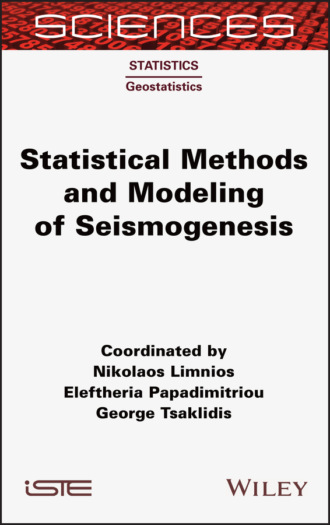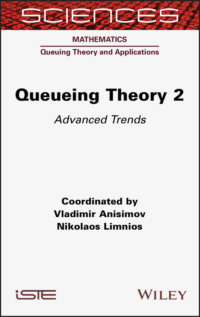
Полная версия
Statistical Methods and Modeling of Seismogenesis
The study of earthquakes is a multidisciplinary field, an amalgam of geodynamics, mathematics, engineering and more. The overriding commonality between them all is the presence of natural randomness. Stochastic studies (probability, stochastic processes and statistics) can be of different types, for example, the black box approach (one state), the white box approach (multi-state), the simulation of different aspects, and so on. This book has the advantage of bringing together a group of international authors, known for their earthquake-specific approaches, to cover a wide array of these myriad aspects. A variety of topics are presented, including statistical nonparametric and parametric methods, a multi-state system approach, earthquake simulators, post-seismic activity models, time series Markov models with regression, scaling properties and multifractal approaches, selfcorrecting models, the linked stress release model, Markovian arrival models, Poisson-based detection techniques, change point detection techniques on seismicity models, and, finally, semi-Markov models for earthquake forecasting.


